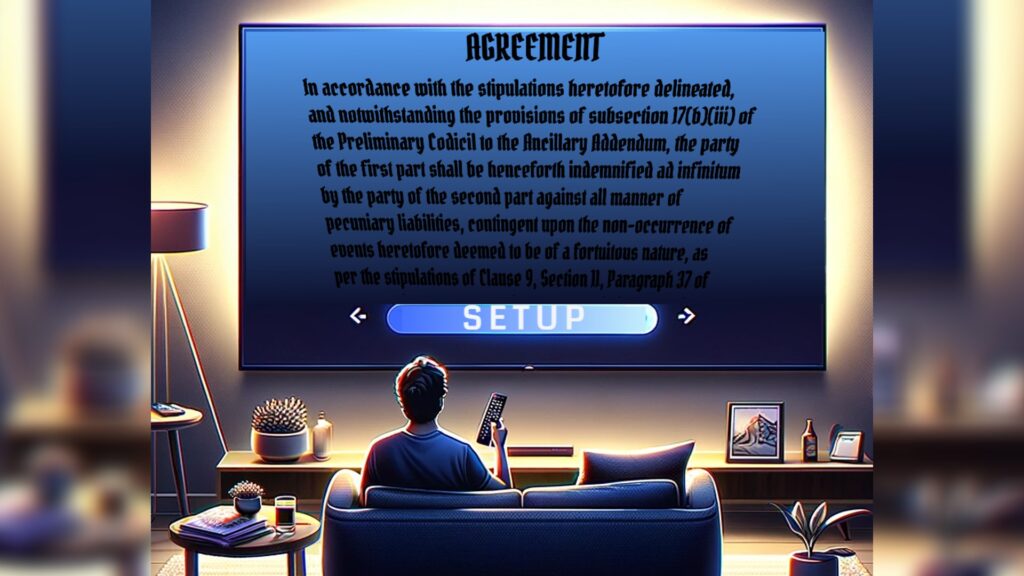
Plaintiff sued defendant gaming company alleging violation of Washington state laws addressing gambling and consumer protection. Plaintiff claimed that after starting with free chips in defendant’s online casino games, users had to buy more chips to keep playing. Plaintiff had spent money on the games and argued that defendant’s practices were unfair.
Defendant moved to dismiss the case and asked the court to compel arbitration. Defendant argued that plaintiff had agreed to defendant’s terms of service, which included an arbitration clause. The company claimed that by playing the games, plaintiff was bound to these terms, even though plaintiff did not explicitly sign a contract.
The court denied the motion to dismiss. It found that defendant did not provide enough information to show that plaintiff had been given proper notice of the terms of service or that he agreed to them. The notice on the game’s homepage was not clear or conspicuous enough for a reasonable person to understand that they were agreeing to the terms, including arbitration, just by playing the games.
Three reasons why this case matters:
- Consumer Protection: It highlights the importance of businesses providing clear and understandable terms to consumers.
- Online Contracts: The case shows that courts are careful when it comes to online agreements, requiring companies to ensure consumers are fully aware of the terms.
- Arbitration Clauses: This case reinforces that arbitration clauses must be clearly presented and agreed upon to be enforceable.
Kuhk v. Playstudios, Inc., 2024 WL 4529263 (W.D. Washington, October 18, 2024)





